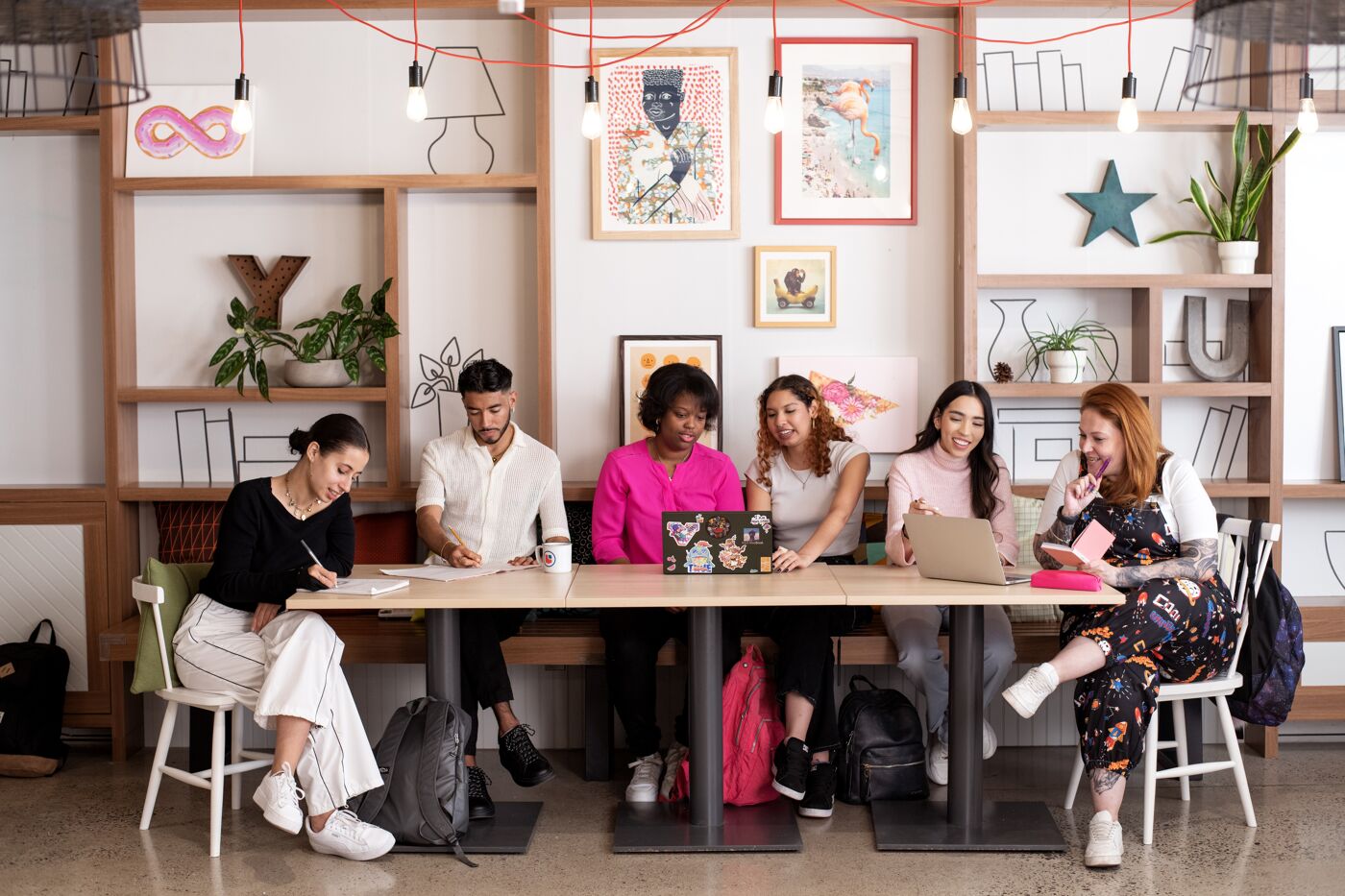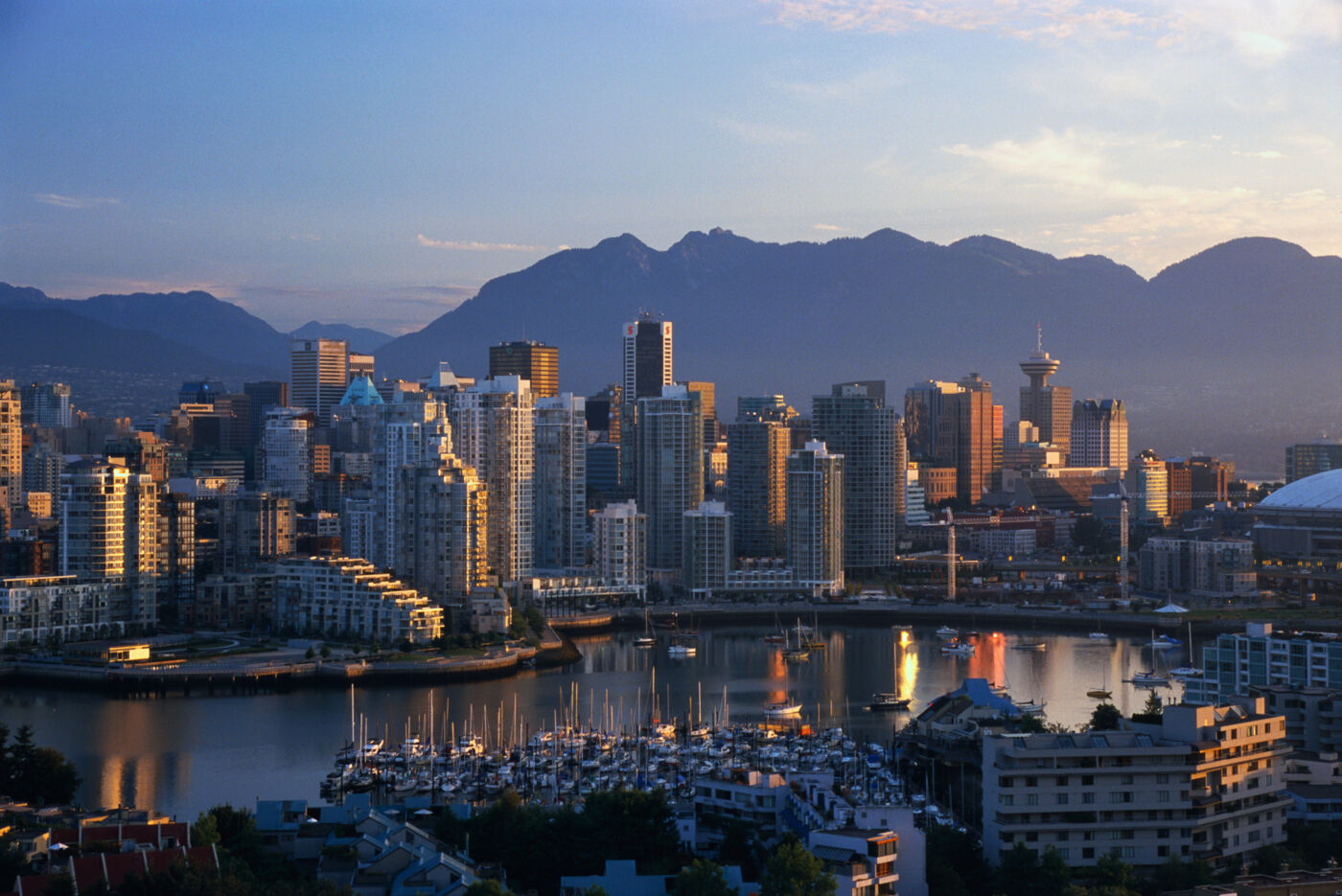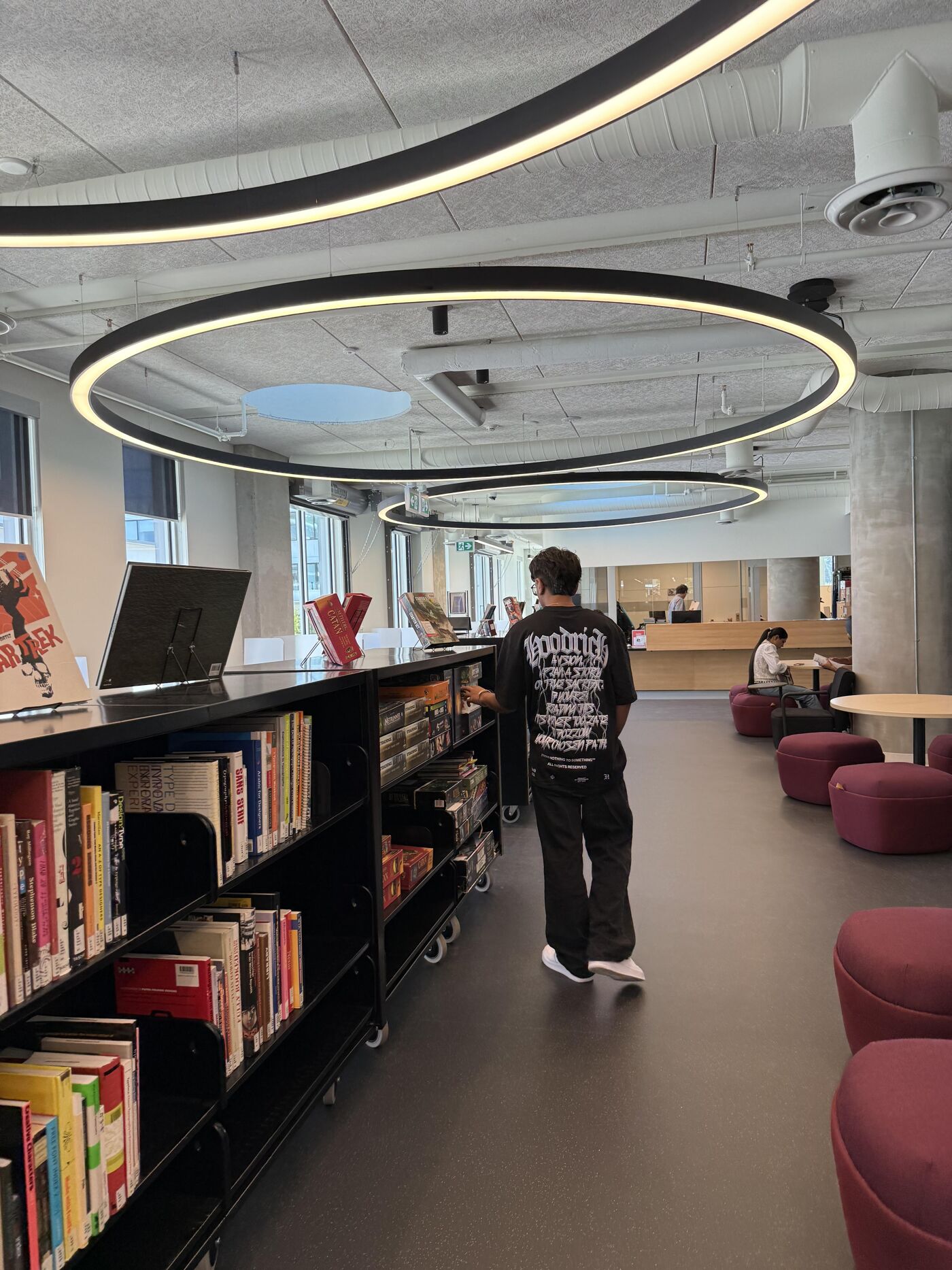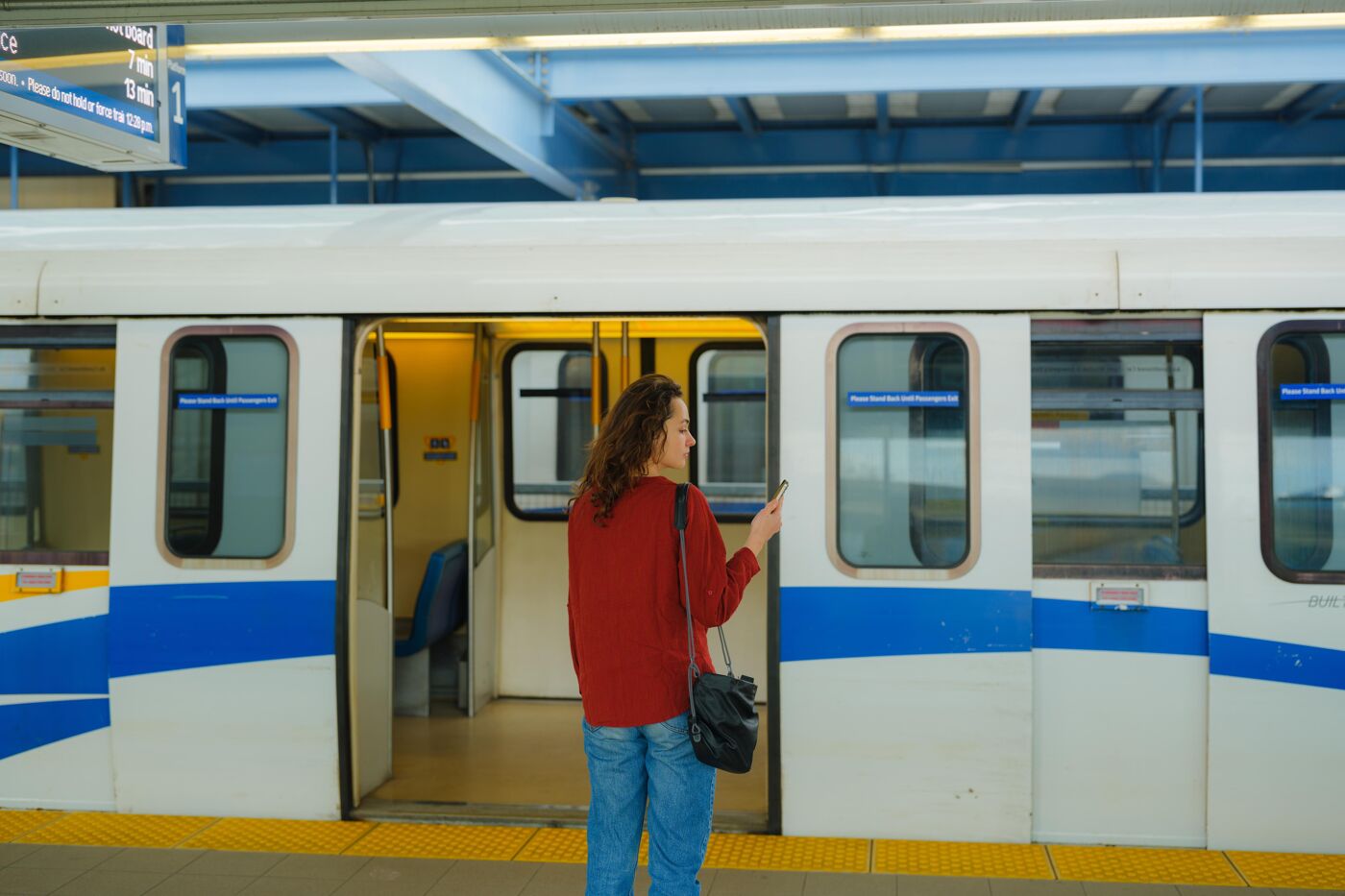Living in Vancouver
Nestled between the Pacific Ocean and the North Shore Mountains, Vancouver is a vibrant, multicultural city known for its exceptional shopping, dining, and cultural life. Surrounded by parks and beaches, the city offers endless opportunities for outdoor adventure in every season.
- Average Temperatures-7°C in winter and 23°C in summer
- LanguageEnglish
- Population2.66million
- CurrencyCanadian dollar
Welcome to Vancouver
Living Expenses
Here’s an overview of typical monthly expenses while living in Vancouver (in CAD):
- Accommodation (shared): $900–$1,400
- Phone: $45–$60
- Food: $400–$500
- Public transportation: $105–$189
- Medical insurance: $75
Taxes
In Canada, sales taxes are added at checkout. Expect a 5% GST and 7% PST to be applied to most purchases. For example, a $10 T-shirt will cost about $12 after taxes.
Tipping
Tipping is a common practice in Canada.
- Restaurants: 12–15% before tax, or 15–18% for large groups (often added automatically).
- Other services: 10% is customary for providers such as hairdressers, manicurists, or taxi drivers.
Vancouver Public Library
The Vancouver Public Library (VPL) has 22 branches across the city, with the main branch located at 350 West Georgia Street in downtown Vancouver.
In addition to books and publications, the library offers computer labs and a wide range of digital resources for members.
Library Card
- Free membership: Available if you’re staying in Vancouver for at least six months.
- Short-term membership: $25 fee if your stay is under six months.
To apply, bring:
- Your passport
- Your LCI Language School student card
- A piece of mail or bill showing your name and Vancouver address
Getting around Vancouver
TransLink
TransLink operates Vancouver’s public transportation system. Service is less frequent on weekends and holidays.
Bus and SkyTrain
- The bus and SkyTrain network covers most of the city and major streets.
- You can buy a single travel ticket (valid for 90 minutes on all TransLink services, including Bus, SkyTrain, and SeaBus) or use a Compass Card with preloaded funds.
- Buses accept coins only and do not give change.
- Compass Cards and single tickets are also available at SkyTrain station vending machines, which accept coins, bills, debit, and credit cards.
SeaBus
- The SeaBus connects Waterfront Station (downtown) with Lonsdale Quay in North Vancouver.
Compass Card
- Purchase a Compass Card from vending machines at SkyTrain stations, including at YVR Airport near the SkyTrain platform.
- Payment can be made by cash or credit card.
- Need help? Look for SkyTrain staff in green vests—they’re always happy to assist.
Bicycles
- Vancouver is a bike-friendly city with extensive bike paths around Stanley Park, False Creek, and Kitsilano.
- A bike share program is also available for short trips or daily commuting.
Car Sharing
- Vancouver offers two main car-sharing services: Modo and Evo Car Share.
- Perfect if you only need a car occasionally—pick up a vehicle, drive to your destination, and end your trip without returning to your starting point.
- A British Columbia driver’s license (ICBC) is required, and it’s important to review local driving regulations before using these services.
Ready to learn a new language?
Enroll now



